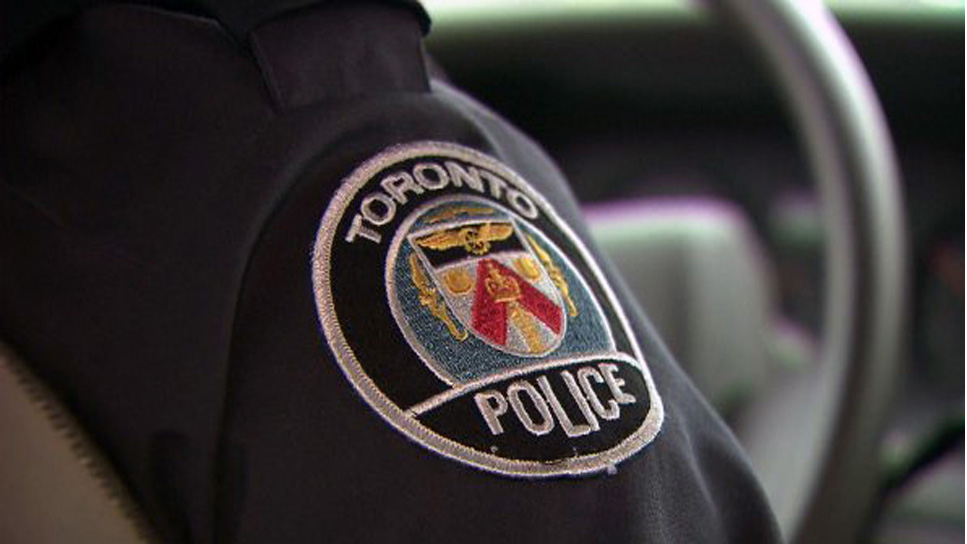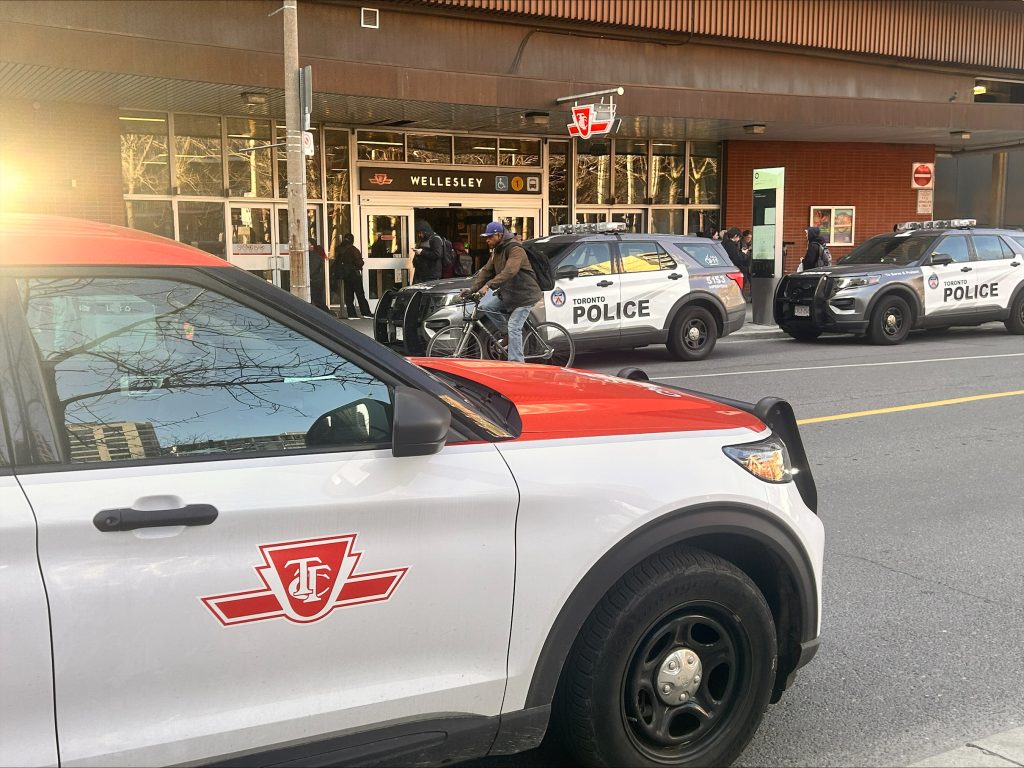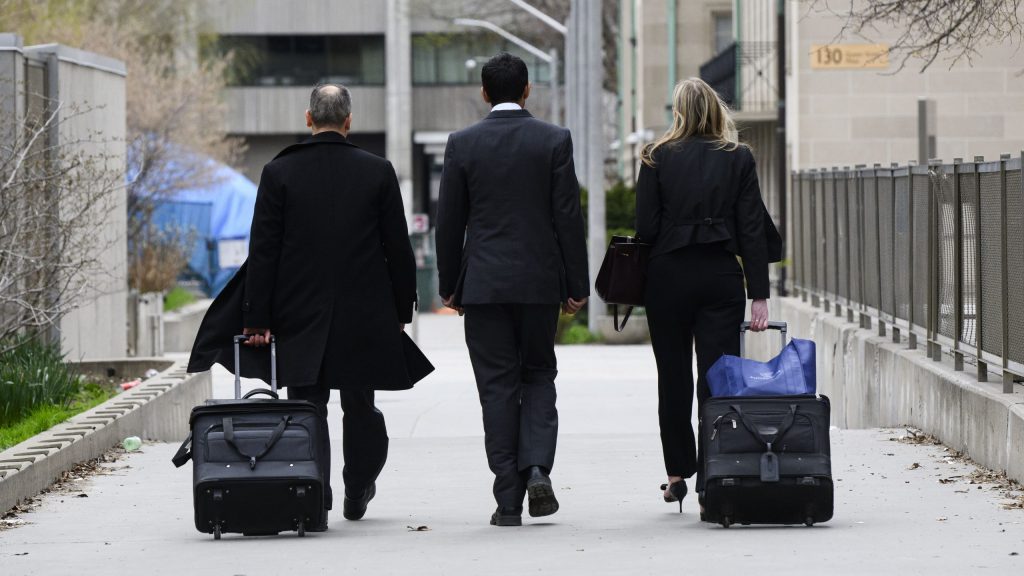Fentanyl increasingly found in drugs in Vancouver’s Downtown Eastside: study
Posted February 1, 2018 3:42 pm.
Last Updated February 1, 2018 7:40 pm.
This article is more than 5 years old.
VANCOUVER – A new study shows illicit opioid users in Vancouver’s Downtown Eastside are increasingly testing positive for the potent painkiller fentanyl, which was linked to the majority of fatal overdoses in British Columbia last year.
Researchers from the University of British Columbia followed 237 people living in marginalized housing in the neighbourhood between March and July last year.
At the beginning of the study, 45 per cent of people who reported using illicit opioids tested positive for fentanyl, but five months later that number jumped to 100 per cent, said Dr. William Honer, head of the university’s department of psychiatry.
The surge can likely be traced both to fentanyl increasingly contaminating other street drugs, like heroin, and users looking for a more potent product, he said.
“It really shows how quickly this kind of high-potency, very strong opioid drug became prevalent in the Downtown Eastside community.”
The BC Coroners Service released statistics Wednesday showing fentanyl was linked to 81 per cent of the 1,422 fatal overdoses across the province last year.
Honer’s research, published in the journal JAMA Psychiatry on Thursday, also included 103 people in the Downtown Eastside who were in opioid-replacement programs where they were prescribed methadone, suboxone or prescription heroin.
Over the five months of the study, half of those participating in replacement programs submitted urine samples that tested positive for fentanyl, Honer said.
The data show that people on opioid-replacements may be seeking out other drugs, possibly because they missed a dose or because the substitution program isn’t strong enough for them, he said.
“It just drives home to us that simply writing a prescription for another opioid — that is important, that they get substitution treatment — but just by itself, that doesn’t protect them because it seems they were still getting exposed to fentanyl and getting the risk of that.”
More comprehensive treatment is needed to address mental illness and physical ailments as well as addiction, Honer said.
“Using opioids is not the only problem that these people have,” he said. “More than half will have mental illness, many will have hepatitis C or HIV. And we really need to provide, I think, a comprehensive treatment for these people which will hopefully ripple out and help with all the problems they have, not only the opioid use.”
Honer noted the study looks at one specific group and the results could be different for other populations across the country. But he said the research is indicative, letting drug users and those helping them see what’s circulating in the community.
“It really enforced for us how important it is to get local research going so that in our diverse communities across Canada we really understand how prevalent this problem is.”
In November, Vancouver Coastal Health began a year-long pilot project checking drugs at two supervised consumption sites in the Downtown Eastside.
A small sample of a user’s drug is put into a portable machine that uses infrared light to test for contaminants.
The majority of the drugs tested contain fentanyl, the health authority said Thursday.
“When clients know their drugs contain fentanyl, they may lower their dose of the drug, and thus are less likely to overdose, or in some cases they may opt not to take the drug,” it said in a statement.
The B.C. government announced on Thursday that 18 communities, including Vancouver, will get up to $100,000 in funding for “community action teams” aimed at connecting people with treatment and recovery.
The government said in a news release that the teams will expand harm-reduction services and drug checking, increase availability of the overdose-reversing drug naloxone, and connect people with addiction-treatment medications.
— Follow @gkarstenssmith on Twitter










